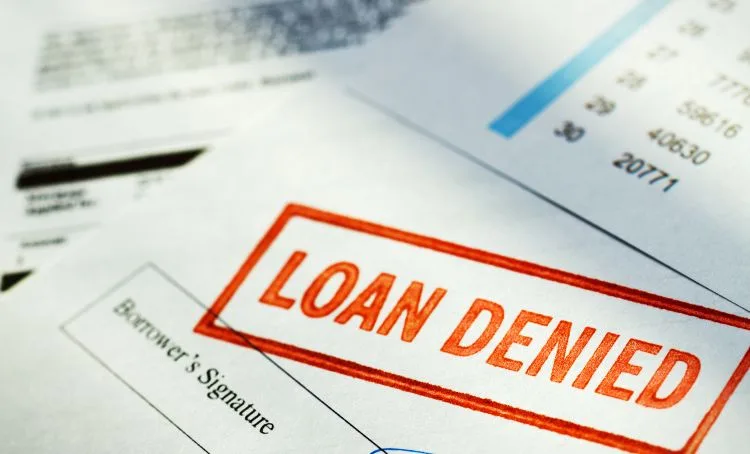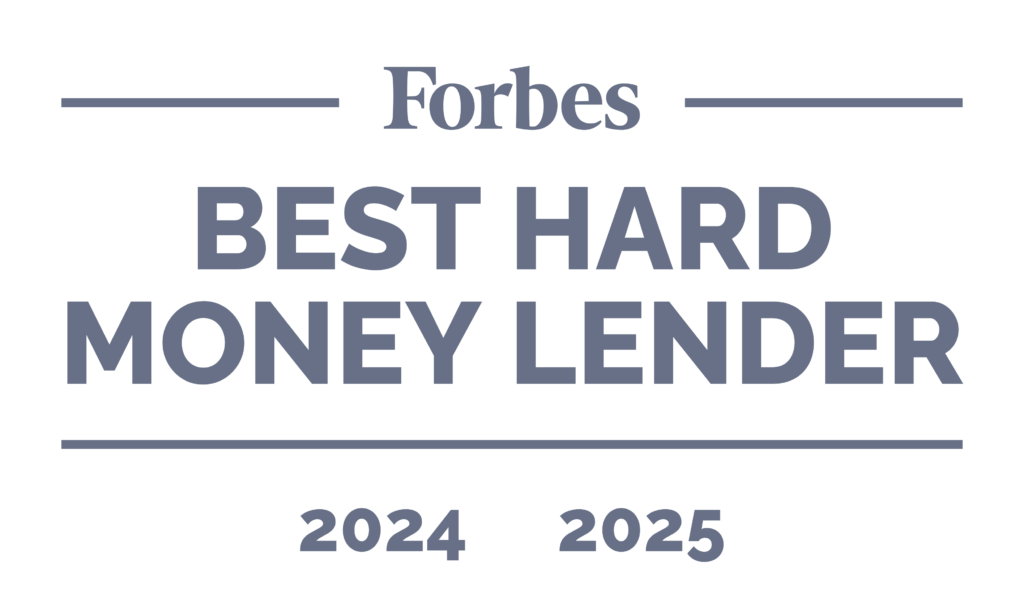If you’re looking to invest in real estate without relying on personal income verification, a DSCR loan could be the solution. But qualifying for one isn’t as simple as applying for traditional loans and mortgages. You need to understand how lenders evaluate your rental property’s income potential to figure out your loan eligibility.
Whether you’re a first-time investor or already have a thriving rental portfolio, here’s what you need to know about DSCR loan requirements.
If you’re new to DSCR (Debt Service Coverage Ratio) loans, you can learn more here: What are DSCR loans?
We’ve also put together some advice on calculating DSCR on a loan for a rental property: good information to have before starting the application process.
If you want to save time, you can just jump straight to our free DSCR Calculator.
What Are the Criteria for DSCR Loans?
While DCSR loans are an alternative to traditional mortgage loans, and less reliant on personal income, they still have qualification conditions.
1. Minimum Debt Service Coverage Ratio
Most lenders will want your property to have a typical ratio of around 1.2 or higher.
If you have a property that will generate a monthly rental income of $2,000 and your monthly payment on the loan is $1,600, your DSCR will be 1.25.
The higher your DSCR, the lower your perceived risk will be when lenders are reviewing your loan application. You can use our free DSCR loan calculator to work out whether this loan type will be viable.
2. Property Cash Flow
When assessing your property’s cash flow, lenders will look at:
- Your current lease agreements
- The demand in the local rental market
- Vacancy rates and property expenses.
A strong rental income will increase the chances of getting your loan approved, especially if it boosts your ratio.
3. Credit Score
DSCR loans don’t take your current personal income into account, but there are some indicators lenders will consider:
- Having a minimum credit score of around 620–680+
- Any recent bankruptcies, foreclosures, or missed payments
- Your debt-to-income (DTI) ratio. It may not be needed, but having a good credit profile helps.
4. Down Payment Requirements
Before applying for a DSCR loan, it’s worth noting that most lenders will expect a 20%-30% down payment, depending on your property’s DSCR.
Having a lower Loan-to-Value (LTV) ratio can get you access to better interest rates and loan terms.
5. Property Type and Condition
DSCR loans can be used to buy a variety of different properties:
- Single-family homes
- Multi-family properties (2-4 Units)
- Condominiums
- Townhomes
One thing to consider before applying is the overall condition of your property. A well-maintained building increases the likelihood of a consistent rental income and reduces lender risk.
If your investment properties need a lot of love, this could increase your operating income as you pay for repairs and refurbishments. If left unchecked, this could lead to negative cash flow and make it hard to qualify for a DSCR loan.
6. Reserves and Liquidity
Loan lenders may ask for proof of three to twelve months of financial reserves to cover your loan payments if your property is vacant. The higher your liquidity, the lower the perceived risk as a borrower.
How to Improve Your Chances of Qualifying

There are some steps you can take to boost your chances of being approved for a DSCR loan to grow your portfolio.
1. Increase Your DSCR Ratio
There are two main ways to get a better outcome from your DSCR calculations:
- Raise your rental income by improving lease terms and adjusting your rental rates
- Reduce your operating expenses through lower maintenance and management costs
2. Strengthen Your Credit Profile
Paying off any existing debts is the first step to becoming a stronger candidate for a DSCR loan.
It’s also wise to check your credit score so you’re aware of any negative marks and can put a plan in place to resolve them.
3. Save for a Larger Down-payment
You might want to apply for a DSCR loan right now, but it can pay to look at the bigger picture. For example, DSCR down payment requirements may involve you making a larger initial investment to improve your LTV ratio and reduce lender risk.
Getting better DSCR loan interest rates and terms can be worth the wait, so take time to build up some liquidity before applying for a DSCR loan.
4. Choose the Right Property Type
Not all property types are equal:
- Multifamily and single-family homes are usually easier to finance
- Short-term rentals, such as Airbnb properties, may require a higher DSCR or down payment as monthly rent isn’t always guaranteed.
5. Work With an Experienced Lender
Finding the right lending partner is important, so choose a lender with a proven track record. Here are two things to look out for:
- Selecting a lender familiar with the housing market
- Flexibility on DSCR thresholds and reserve requirements.
For example, Express Capital Financing combines flexible DSCR requirements, competitive rates, and fast funding with real estate expertise you can trust. Whether you’re a first-time investor or expanding your portfolio, we can help you secure financing that works for your strategy.
4 Common Reasons Why DSCR Loan Applications Are Denied

Being turned down for a DSCR loan can be disappointing and put a real dent in your plans for a bigger portfolio. Here are four of the most frequent reasons many applications fall at the first hurdle:
1. Low DSCR Ratio
Any loan is a potential risk for the lender, and if your DSCR is below 1.2, it may be considered too risky to go ahead.
2. Poor Property Cash Flow
Buying a property that needs a lot of maintenance and has high vacancy rates are two red flags regarding cash flow and your suitability for a DSCR loan.
3. Inadequate Reserves
What’s the downside to a DSCR loan? If you can’t cover between three and twelve months of loan payments from your cash reserves, you might struggle to get your application approved.
4. High Loan-to-Value Ratio
If you can only afford a small down payment and your LTV ratio is above 80%, the perceived risk of your defaulting will be an issue for many lenders.
Quick DSCR Recap

Here’s a quick list of the main things you’ll need to qualify for a DSCR loan:
- A strong Debt Service Coverage Ratio
- Consistent and predictable cash flow
- Solid credit profile
- 20%-30% down payment
- Three to twelve months of loan repayments in reserve.
When you understand what DSCR loan providers are looking for, you can adjust your current position to increase your approval chances
Improving your property’s cash flow and strengthening your financial position can reduce the chances of you being rejected, and make loan approval way more likely.
Build your portfolio with Express Capital Financing
Qualifying for a DSCR loan requires a strong Debt Service Coverage Ratio, solid credit, and a property with positive cash flow. If you’ve got those elements in place, you’re well-positioned to secure financing and start growing your real estate portfolio.
At Express Capital Financing, our DSCR loans close in as little as three weeks. Our unique combination of flexibility, competitive rates, and quick processing means you can secure the financial support you need to realize your investment ambitions.
Ready to take the next step? Apply now.






